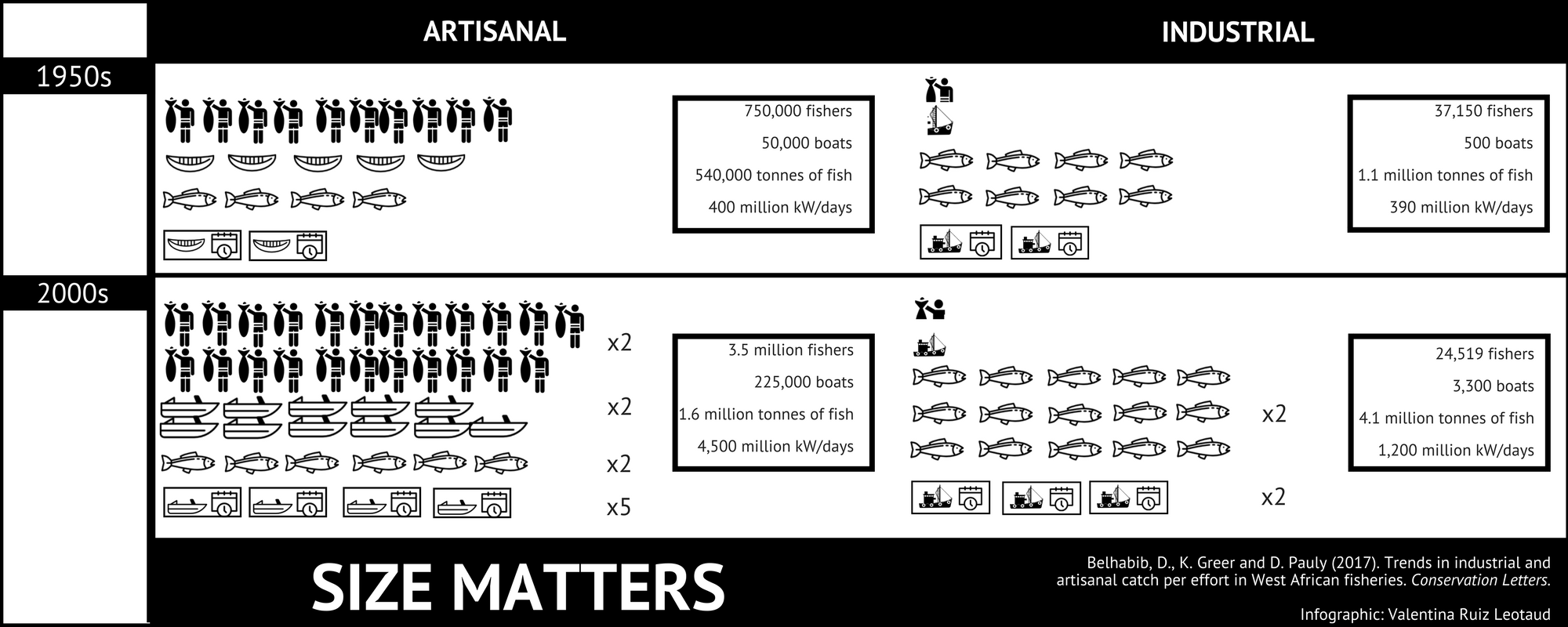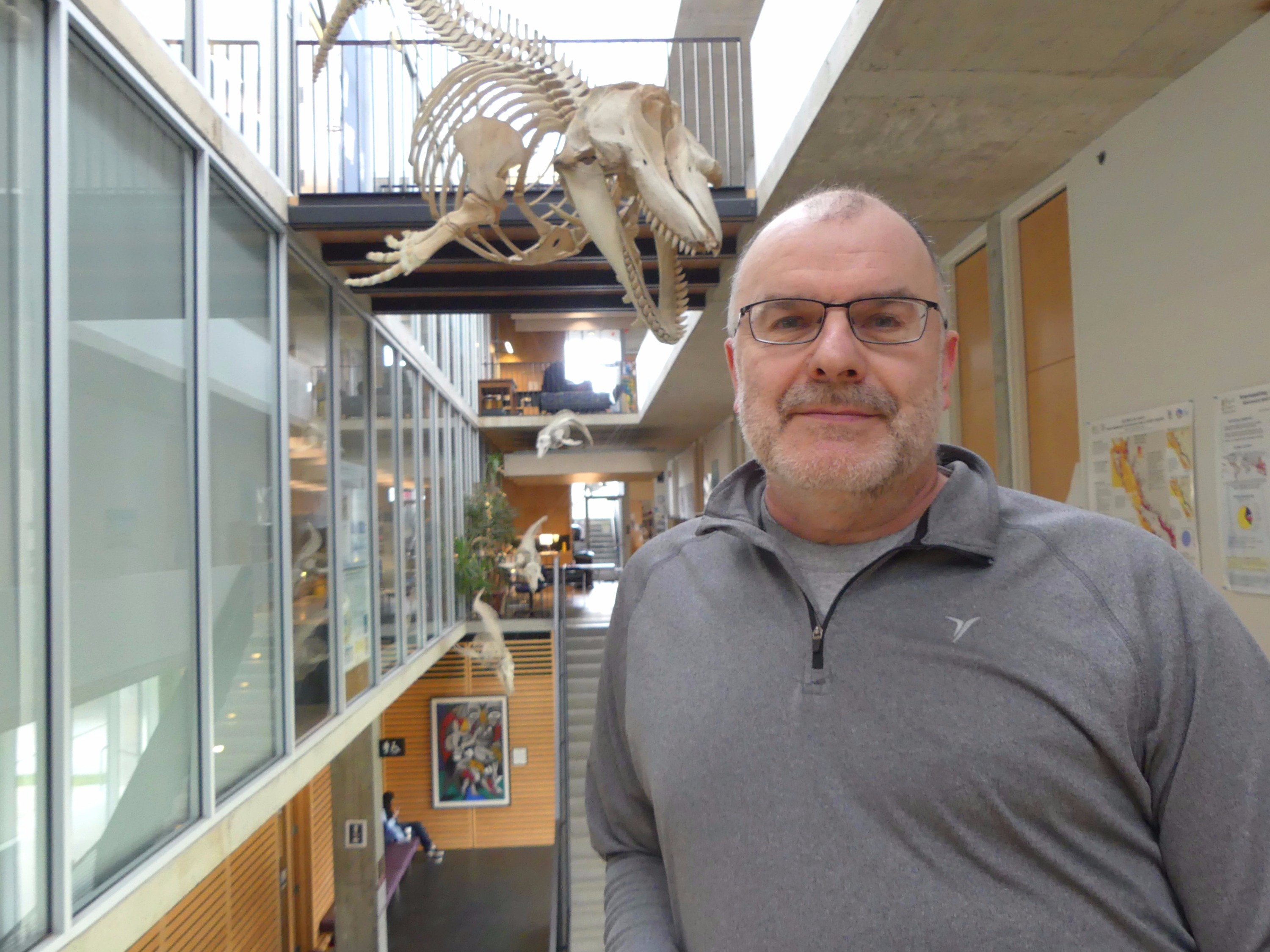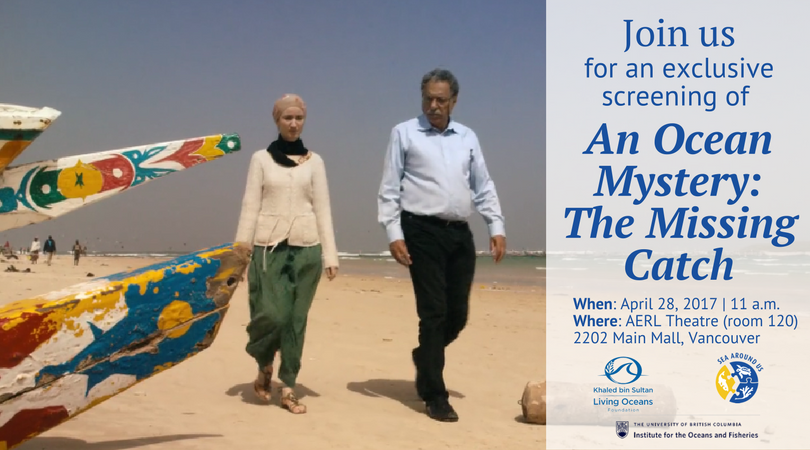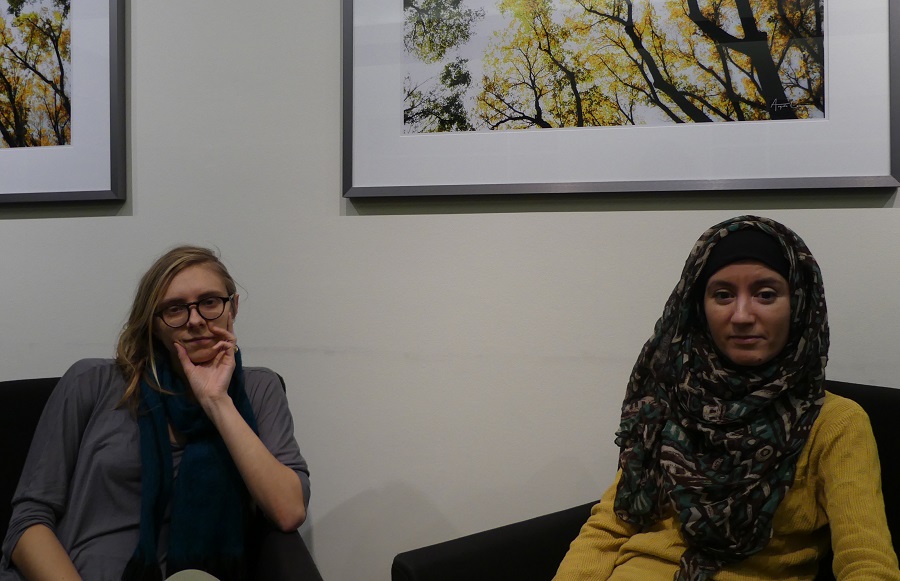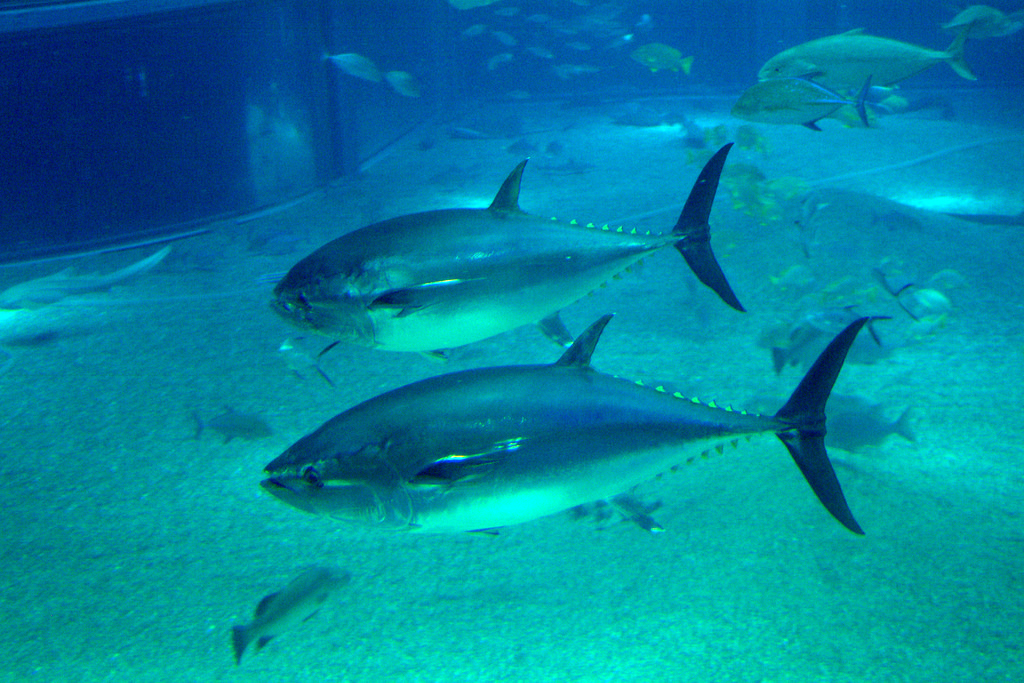Some artisanal fleets in West Africa have grown so much in terms of number of boats, vessel size and capacity, and the aggregate engine power that they deploy that they have become comparable to the smaller industrial fleets operating in the region.
A new study by the Sea Around Us project reveals that, in the past 60 years, total artisanal fishing effort in the waters that extend from the coast of Morocco to the coast of Angola has increased by 10-fold.


